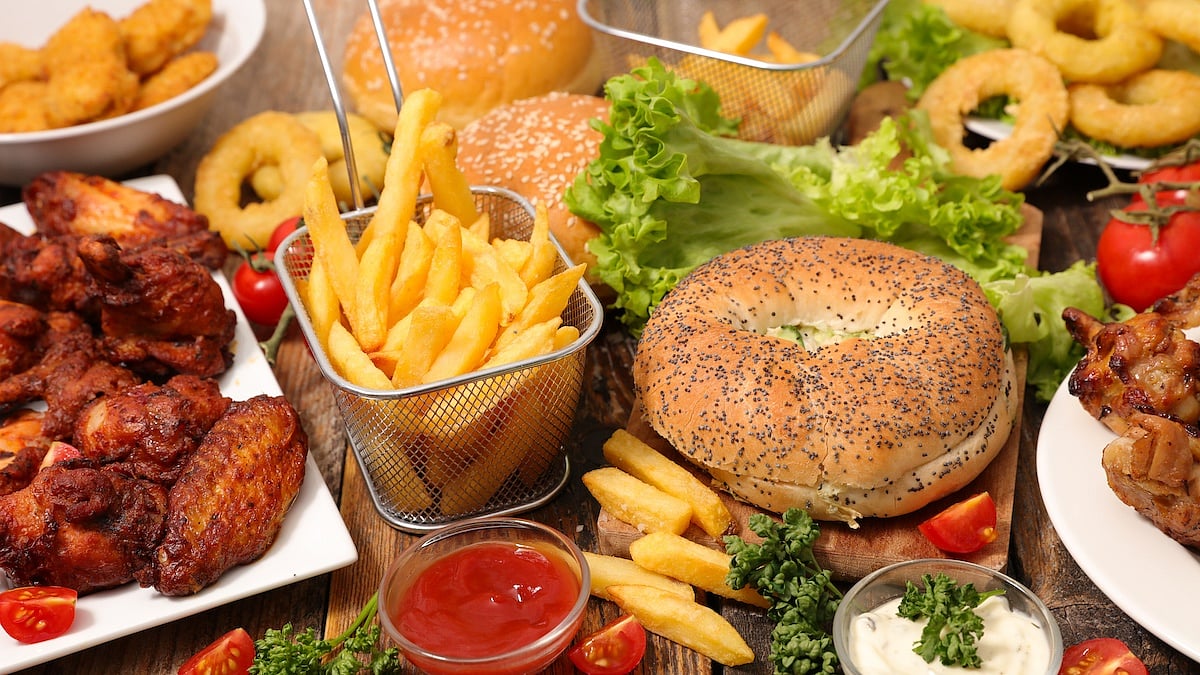
- I. Edwards
- Posted June 4, 2025
Proinflammatory Foods Tied to Higher Risk of Death in Colon Cancer Patients
What you eat after a colon cancer diagnosis could do more than affect your energy or digestion — it might impact your chance of survival.
Researchers looked at more than 1,600 patients with stage 3 colon cancer. They found that those who ate the most proinflammatory foods had an 87% higher risk of death compared to those who ate the least.
These foods may cause an inflammatory response such swelling or irritation in the body. Over time, this type of chronic inflammation is linked to many diseases, including cancer, The Independent of London reported.
“One of the most common questions that patients ask is what they should do after treatment to maximally reduce their risk of cancer recurrence and improve survival,” said lead author Dr. Sara Char, a clinical fellow at Dana-Farber Cancer Institute in Boston.
“These findings add to the published literature about the importance of dietary patterns and physical activity in outcomes of patients with colorectal cancer,” she added in a statement.
The findings were presented Sunday at a meeting of the American Society of Clinical Oncology (ASCO) in Chicago. Research presented at meetings is typically considered preliminary until published in a peer-reviewed journal.
Participants in the study were part of a phase 3 clinical trial.
When researchers tracked their diets during and after treatment, they found that patients whose diets promoted inflammation were more likely to die during the study period.
The anti-inflammatory drug celecoxib, which some participants took, did not appear to change the link between diet and survival.
But physical activity did make a difference. Patients who exercised more had the best outcomes overall, The Independent reported.
“This study provides additional evidence that diet may be important for improving outcomes and survival in patients with stage 3 colon cancer,” said co-author Dr. Kimmie Ng, associate chief of gastrointestinal oncology at Dana-Farber.
Inflammation is the body’s natural response to injury or illness. But too much, especially over time, can lead to disease.
Previous studies have found that inflammation may help cancer grow and spread. In some cases, anti-inflammatory medications can reduce the risk of cancer returning after treatment, The Independent said.
Some foods that may promote inflammation, according to experts, include:
White bread
Soda and sugary drinks
Fried foods like french fries
Processed meats such as hot dogs
Alcohol
In contrast, anti-inflammatory foods include:
Dark leafy greens
Vegetables
Whole grains
Nuts and seeds
Fatty fish (like salmon) rich in omega-3s
Some doctors recommend the Mediterranean diet, which is high in anti-inflammatory foods.
“People really need to focus on their pattern of eating — as opposed to eating a few particular foods — to reduce inflammation,” Dr. Edwin McDonald IV, a gastroenterologist at UChicago Medicine, wrote.
"There’s no miracle food out there that’s going to cure people with chronic inflammation," he added in a commentary. "You need to have an anti-inflammatory lifestyle and diet.”
Colon cancer affects about 150,000 people in the U.S. each year. It is the second-leading cause of cancer deaths for both men and women, according to the American Cancer Society, which forecasts it will claim about 52,900 lives this year.
For stage 3 colon cancer, the average five-year survival rate is about 73%.
Researchers plan to continue studying how food and lifestyle affect outcomes, including in people diagnosed before age 50 and those with advanced cancer.
More information
NewYork-Presbyterian has more on diet and colon cancer.
SOURCE: The Independent, June 3, 2025
